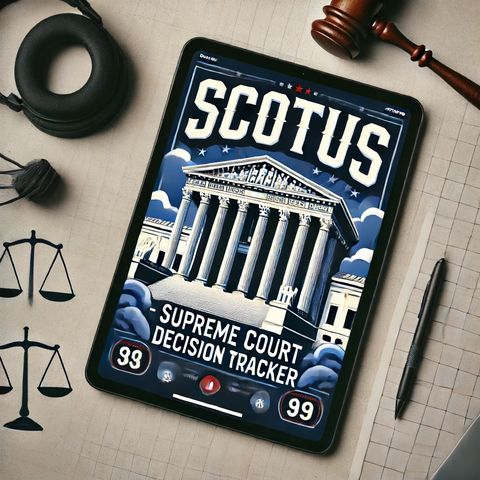Bangladesh Supreme Court's Quota Reform Sparks Protests: Balancing Equality and Merit in Public Sector Employment

Scarica e ascolta ovunque
Scarica i tuoi episodi preferiti e goditi l'ascolto, ovunque tu sia! Iscriviti o accedi ora per ascoltare offline.
Bangladesh Supreme Court's Quota Reform Sparks Protests: Balancing Equality and Merit in Public Sector Employment
Questa è una trascrizione generata automaticamente. Si prega di notare che non è garantita la completa accuratezza.
Descrizione
In Bangladesh, a significant Supreme Court ruling has drastically altered the landscape of government employment by effectively dismantling the longstanding quota system that reserved a significant percentage of jobs for...
mostra di piùThe students argued that the quota system, which was initially designed to help underrepresented and disadvantaged groups, had become a barrier to meritocracy, making it difficult for many capable individuals to enter government service based on their abilities. The system reserved a high percentage of government job positions for the families of veterans and certain disadvantaged groups, which many protestors claimed was disproportionate and no longer reflected the country's current needs or demographics.
The Supreme Court's intervention to reduce the quotas significantly was seen as a victory for the demonstrators. However, the aftermath of the court's decision was not peaceful. The ruling sparked a series of further protests, some of which turned violent. According to reports, the unrest surrounding these demonstrations resulted in numerous casualties, indicating the high level of tension and discontent among the youth regarding job allocation practices.
The government's response to the protests and the violence has been a critical issue. There have been calls from student leaders and activists for the release of individuals detained during the demonstrations, arguing that their protests were a legitimate form of civil disobedience against a deeply flawed system.
This ruling by the Bangladesh Supreme Court underscores the complex interplay between government policy, judicial intervention, and public sentiment. It highlights the delicate balance of addressing historical inequalities while also promoting fairness and meritocracy in public sector employment. As the government works to implement the court's decision, the primary challenge will be to ensure that any new system addresses the concerns that led to the protests while maintaining public order and trust in the system's fairness.
The situation in Bangladesh serves as a potent reminder of the role of judiciary in societal reforms and the power of youth-led movements in shaping policy discussions. It also brings to light the responsibilities of a government in managing the fallout of such transformative decisions and fostering an environment where every citizen has the opportunity to compete on an equal footing.
Informazioni
| Autore | QP-4 |
| Organizzazione | William Corbin |
| Sito | - |
| Tag |
Copyright 2024 - Spreaker Inc. an iHeartMedia Company
